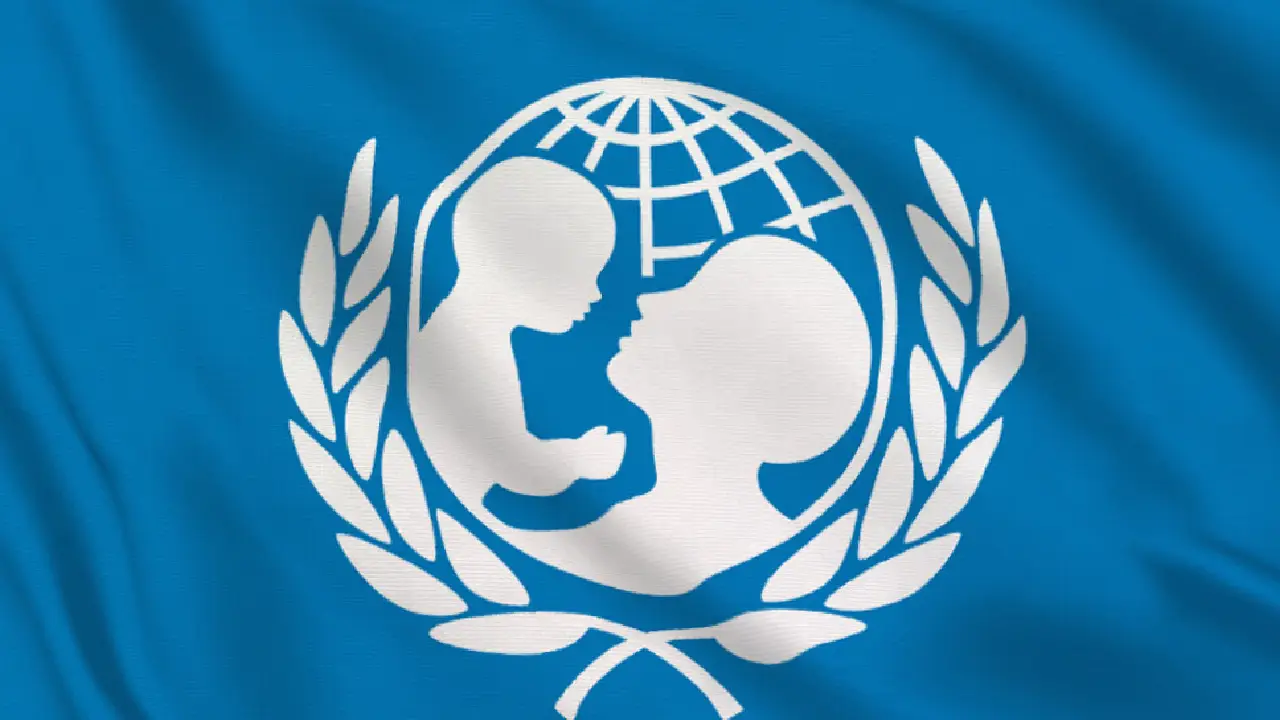
UNICEF Pushes for E-Birth Registration in Nigeria to Enhance Child Rights
In an era where digital innovation is transforming societies globally, UNICEF is at the forefront of advocating for e-birth registration in Nigeria. This initiative aims to ensure every child’s right to an identity and access to essential services, marking a significant step towards improving child rights in the country.
The Importance of Birth Registration
Birth registration is a fundamental right recognized by international conventions and agreements, including the United Nations Convention on the Rights of the Child. It serves as the child’s first recognition by the state and is critical for accessing healthcare, education, and social services. Without a birth certificate, children are often invisible to the government, making it difficult to implement policies and programs that cater to their needs.
Challenges in Nigeria
Despite its importance, birth registration rates in Nigeria remain alarmingly low. According to recent statistics, a significant number of children in Nigeria are not registered at birth, especially in rural and underserved areas. Traditional paper-based registration systems are often inefficient, prone to errors, and inaccessible to many families due to geographical and logistical barriers.
UNICEF’s Advocacy for E-Birth Registration
UNICEF is advocating for the implementation of e-birth registration in Nigeria as a solution to these challenges. E-birth registration leverages digital technology to streamline the process, making it faster, more accurate, and more accessible. Here’s how UNICEF envisions this transformative initiative:
- Accessibility: E-birth registration systems can be accessed remotely via mobile devices, reducing the need for families to travel long distances to register their children.
- Efficiency: Digital systems minimize errors and streamline data collection, ensuring that records are accurate and up-to-date.
- Integration: E-birth registration can be integrated with other digital services, such as healthcare and education, to create a comprehensive system that supports children’s development from birth.
- Inclusion: By targeting rural and marginalized communities, e-birth registration ensures that no child is left behind, promoting equity and social justice.
UNICEF’s Recent Advocacy Efforts
The United Nations Children Fund (UNICEF) has emphasized that e-birth registration provides children in Nigeria with the right to a legal identity. Celine Lafoucriere, Chief of UNICEF Field Office for South-West Nigeria, highlighted this at a two-day media dialogue in Lagos. Without a birth certificate, she noted, a child remains invisible.
The media dialogue, organized by UNICEF in collaboration with the Lagos State Ministry of Youth and Social Development and the National Population Commission (NPC), focused on driving e-birth registration in South-West Nigeria. The theme, “A Media Dialogue to Drive E-Birth Registration in South-West Nigeria,” underscored the importance of media involvement in raising awareness and educating the public.
Lafoucriere stressed that a registered child has an acknowledged right to quality protection, health, education, and other crucial services. “It is part of our mission that every child in Nigeria is given the right to a legal identity,” she stated. She emphasized that birth registration is not just a procedural formality but a fundamental human right and cornerstone of a child’s legal identity.
Benefits of E-Birth Registration
E-birth registration offers numerous benefits, including:
- Legal Identity: Ensures every child has a legal identity, protecting them from exploitation and trafficking.
- Improved Access to Services: Facilitates access to healthcare, education, and social services, supporting overall child development.
- Accurate Data: Provides accurate population data, enabling better planning and resource allocation by the government.
- Enhanced Rights: Strengthens the protection and fulfillment of children’s rights, promoting their well-being and future prospects.
Lafoucriere noted that e-birth registration allows parents to register their children as soon as they are born. This innovative approach addresses distance challenges and supports the creation of a robust civil registration system that generates vital statistics necessary for effective planning and policy implementation.
Media’s Role and Government Initiatives
Lafoucriere urged the media to assist in raising awareness and educating Nigerians on the importance of birth registration. “Your platforms are crucial for raising awareness with us for educating the public and holding stakeholders accountable in taking care of those children, making sure they have a legal identity and the basic services,” she said. She called for collective efforts to make a lasting impact on the lives of millions of Nigerian children.
Mr. Bamidele Sadiku, NPC Lagos Office Director, highlighted the importance of linking birth registration with the National Identification Number (NIN) to curb double registration. He explained that NIN, being unique to every individual, would help eliminate duplicate birth registrations and provide accurate records for adequate planning.
Conclusion
UNICEF’s push for e-birth registration in Nigeria is a vital step towards enhancing child rights and ensuring that every child is recognized and valued from birth. By embracing digital solutions, Nigeria can overcome existing barriers to birth registration and create a more inclusive, equitable society where all children have the opportunity to thrive.
As UNICEF continues to advocate for and support this initiative, it calls on all stakeholders – from government officials to community leaders – to join in this transformative effort. Together, we can make sure that every child in Nigeria has a recognized identity and a brighter future.
